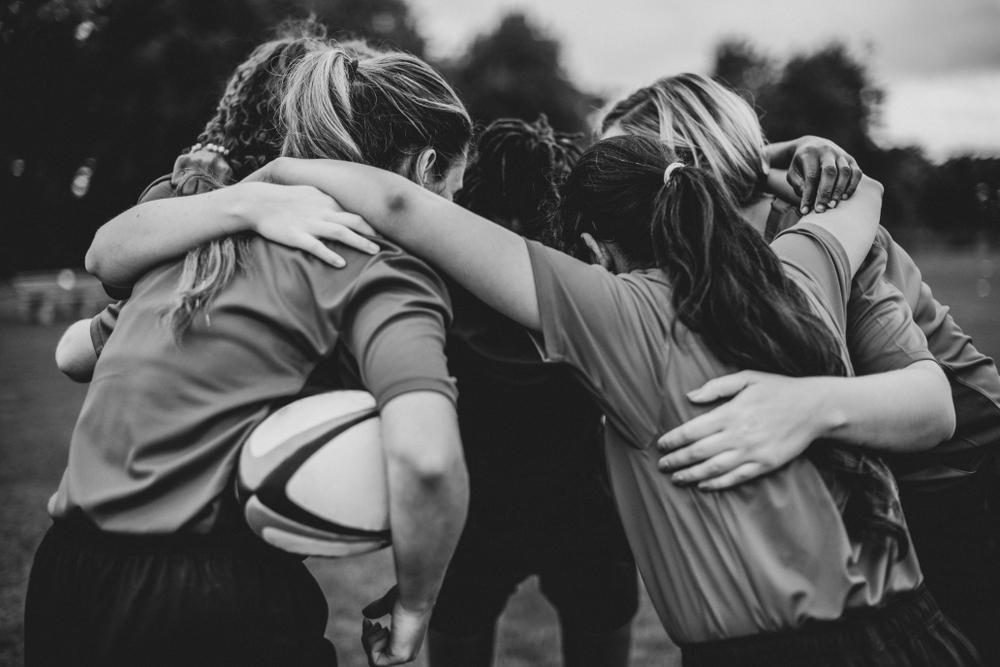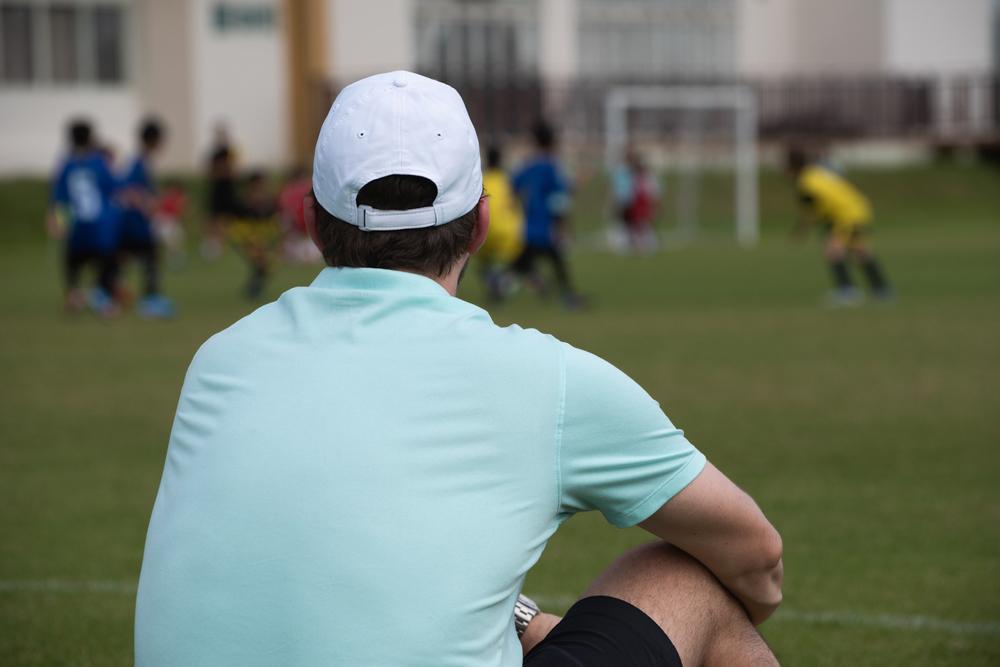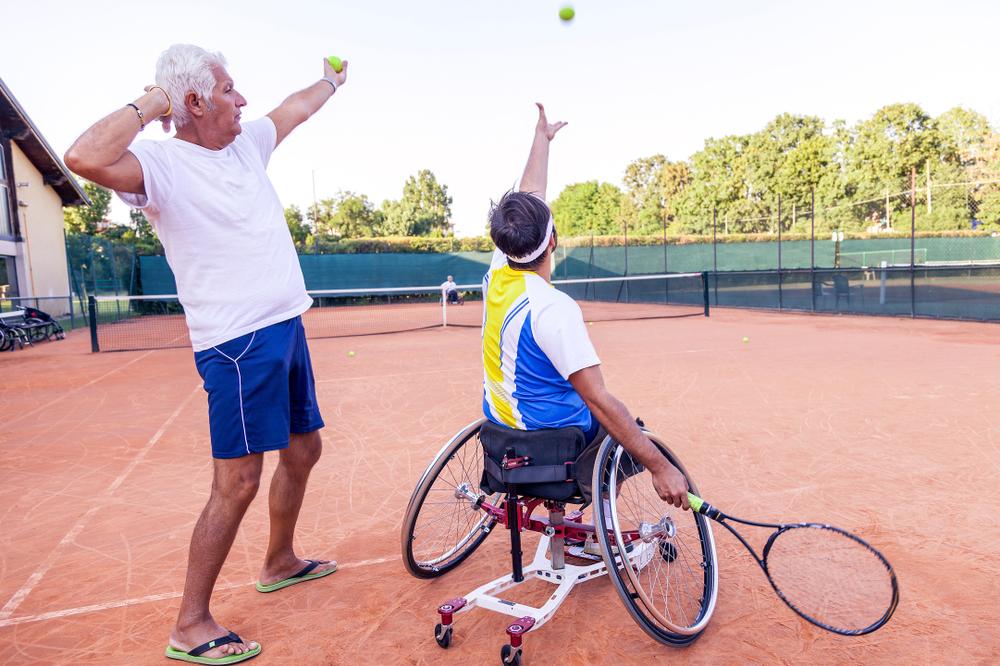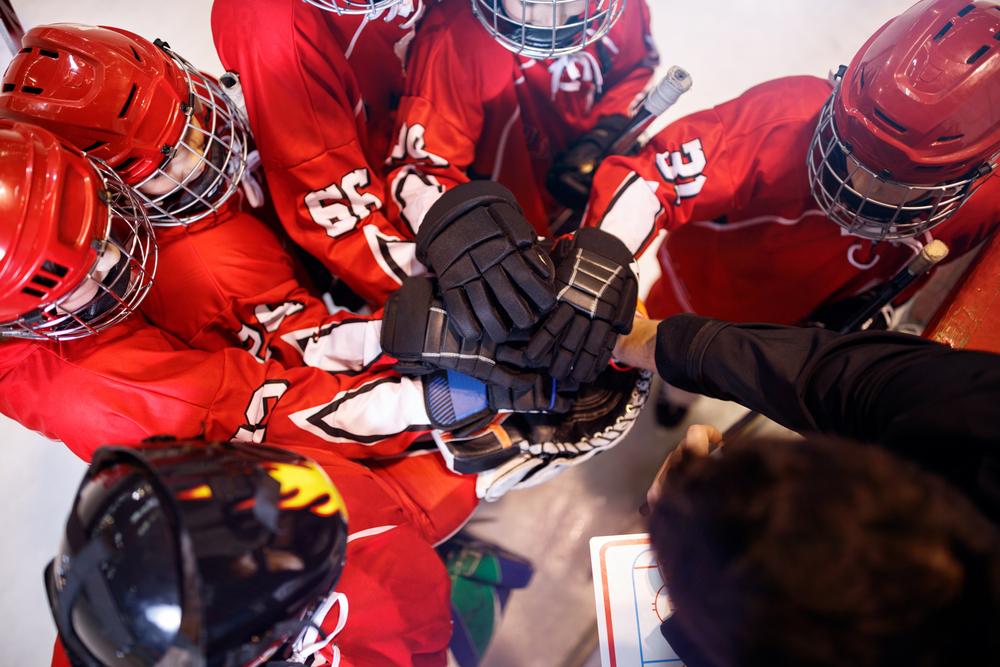By Emilee Bounds and Tim Baghurst Oklahoma State University
 The ability to function and collaborate within a team setting requires a multidimensional skill set that is beneficial at all stages of life. Therefore, teaching teamwork to young people can help them develop skills at an early age that they will use forever.
The ability to function and collaborate within a team setting requires a multidimensional skill set that is beneficial at all stages of life. Therefore, teaching teamwork to young people can help them develop skills at an early age that they will use forever.
Youth sports provide the perfect opportunities for young people to acquire and develop these skills.
Six Ways To Develop Teamwork Skills In Youth Sports
Cohesion is a term often used to describe how a group bonds together toward a common goal. But it requires more than just glue for a group to stick. Skills like leadership, hard work, communication, conflict resolution, self-discipline, and accountability are also necessary for a group to work together successfully.
Here are a few pointers on how to encourage teamwork with your athlete or team:
- Leadership means learning to lead others as well as learning to follow those who lead. While a team may have a well-defined captain, leadership roles should be fluid with players stepping in and out of them depending on the game situation.
- Hard work is essential to the success of the group. While performance may vary, effort should remain constant. Remember that there is no such thing as giving 110%. Everyone giving 100% would be more than enough!
- Communication is the key to successful teamwork. Strong communication makes it possible for the team to know the strategy, what is coming next, how to correct an error, and how to praise success. Develop ways to strengthen communication throughout your team rather than just hoping that players talk to each other.
- A disagreement with a coach or teammate, miscommunications, and differences in personalities all require certain conflict resolution skills. Being around adults modeling these skills and gaining first-hand experience with resolving conflict helps young adults mature. Parents and coaches should use these opportunities to help develop communication and resolution skills rather than “taking care of it” themselves.
- Being internally motivated to achieve something as opposed to being motivated by something external like a medal molds self-discipline in a young athlete. As a parent or coach, try and facilitate this discipline by praising internal values (e.g., it feels good, a skill was learned, their best was given) over the external ones.
- With teamwork comes accountability, and team members are accountable to each other for their actions, effort, and performance. While performance may vary, actions and effort are all within the control of the young person. A collaborative environment typically keeps behavior positive. If these behaviors shift negatively, the team is there to hold each other accountable.
Why Teamwork In Youth Sports Is So Important
Youth sports allow young people to learn teamwork at an early age and experience succeed-or-fail situations in a safe environment. With each failure comes a lesson, and with every success comes confidence.
But teamwork skills are not only useful at the gym or on the field. They are always being used in all aspects of life, whether personal or professional. Who hasn’t had to work in a group for a school or work project?
With coaches like bosses, teammates as coworkers, the game as the job, and a position as the player’s role, youth sports provide an age-appropriate challenge and environment to develop teamwork skills in a fun and enjoyable way.
In addition to healthy physical activity and camaraderie, sports provide youth athletes opportunities to learn life lessons and what it means to be part of something greater than themselves. Through sports, your child will not only learn about teamwork, they will learn the skills necessary to foster it.



